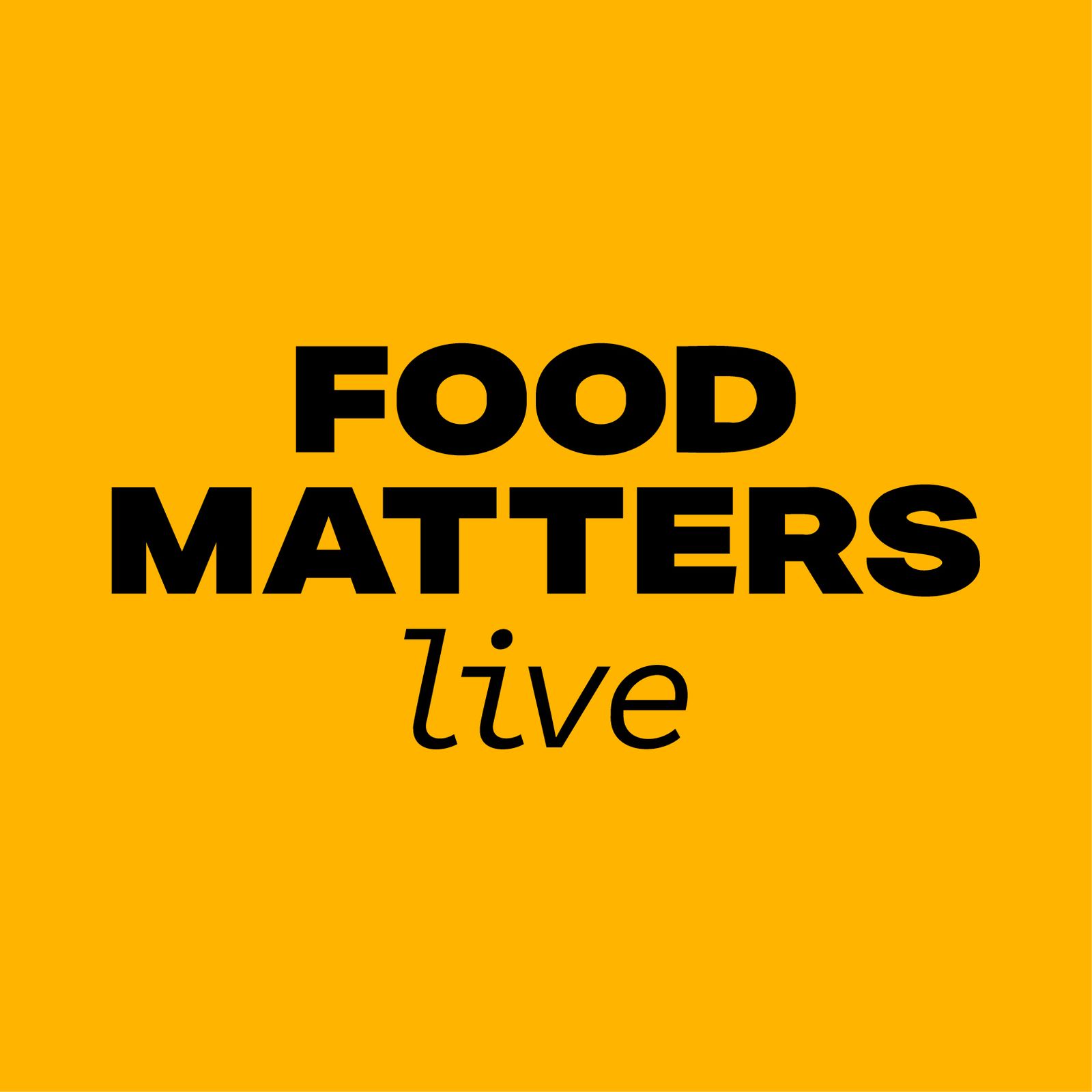When will food prices start to fall?
Food inflation is a huge concern across the world.
Over the course of 2022, food prices were on average 14.3% higher than the year before.
In the UK, things are looking a little worse than average.
The Office for National Statistics found that in the 12 months leading up to March 2023, food prices rose 19.2%.
The thing is, the World Bank is reporting that, globally, wholesale prices are starting to fall.
In this episode of the Food Matters Live podcast, we explore the implications of high food prices on consumers, businesses, and the broader food industry.
We discuss when we might see a drop in the cost of food, and ask: "Why are food prices still so high?"
Guests:
Liliana Danila, Lead Economist, the Food and Drink Federation
Rachelle Earwaker, Senior Economist, Joseph Rowntree Foundation

